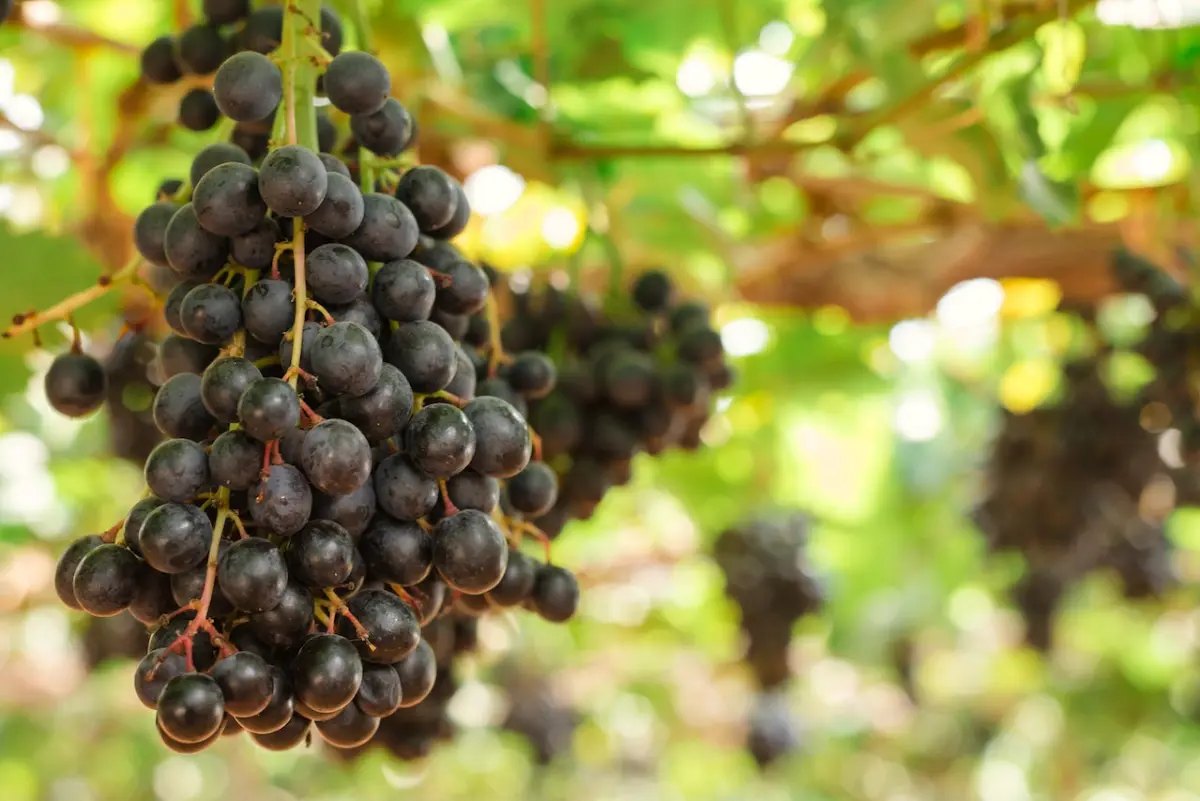Before you feed your ferret grapes or anything, you need to know that ferrets are energetic and curious pets with a penchant for exploring and tasting everything in their environment. As a responsible parent, it’s essential to understand their dietary needs and the potential risks associated with feeding them certain foods.
Let us delve into their diet, advantages, disadvantages, and potential dangers of feeding grapes to your ferret.
The Ferret’s Natural Diet
Ferrets are carnivores, which makes their bodies specifically designed to consume and digest animal-based proteins. In their natural habitat, ferrets primarily hunt and eat birds, small mammals, and insects. Their digestive systems have evolved to extract essential nutrients from these protein-rich sources and are not well-adapted to process plant-based foods, including fruits like grapes.
Feed Your Ferret Grapes? Below are the risks.
Feeding grapes to your ferret may seem like a harmless treat, but there are several potential dangers associated with doing so:
- Digestive Issues: Ferrets have a short digestive tract, which makes it difficult for them to process plant-based foods like grapes. Consuming grapes can lead to digestive issues such as diarrhea, vomiting, and even intestinal blockages in ferrets.
- Toxicity: Grapes and raisins are known to be toxic to some animals, particularly dogs and cats. While there is limited research on the effects of grapes on ferrets, it’s better to err on the side of caution and avoid feeding them grapes. The exact cause of grape toxicity is not well-understood, but it can lead to kidney failure and even death in susceptible animals.
- Nutritional Imbalance: Ferrets have specific nutritional needs, primarily a high protein requirement. Commercial ferret food is formulated to meet these requirements and provide a balanced diet. Feeding grapes, which are low in protein and high in sugar, can disrupt the nutritional balance and potentially lead to deficiencies or imbalances.
- Choking Hazard: Grapes, especially those with seeds, can pose a choking hazard to ferrets. Ferrets have small mouths and swallowing larger pieces or seeds can lead to choking or obstruction of the airway or gastrointestinal tract.
- Potential Allergic Reactions: Some ferrets may be allergic to grapes. Allergies can manifest as skin rashes, itching, hives, or respiratory problems. Introducing grapes into their diet can trigger these allergic reactions, compromising their well-being.
- Pre-existing Health Conditions: Ferrets with pre-existing health conditions, such as kidney disease or gastrointestinal issues, may be more susceptible to the adverse effects of grapes. Feeding grapes to these ferrets can worsen their conditions or exacerbate their symptoms.

Advantages and Disadvantages of Feeding Grapes to Ferrets
While there are several disadvantages and potential dangers associated with feeding grapes to ferrets, some owners may argue that there are advantages to offering their pets a small taste of this fruit. Here are some pros and cons to consider:
Advantages
- Variety: Offering your ferret a small taste of grape may provide some variety in their diet and satisfy their natural curiosity.
- Hydration: Grapes have a high water content, which can help to keep your ferret hydrated, especially in hot weather.
Disadvantages
- Health Risks: As mentioned earlier, feeding grapes to your ferret can lead to digestive issues, toxicity, nutritional imbalances, and choking hazards.
- Inappropriate Diet: Ferrets are obligate carnivores and do not require fruits like grapes in their diet. Feeding them grapes can detract from their natural dietary needs.
Wrapping up
It’s essential to prioritize a ferret’s health and well-being by providing them with a proper, balanced diet that meets their specific nutritional needs. As a responsible owner, do not feel reluctant to consult with a veterinarian for guidance on suitable ferret food options and any dietary concerns you may have.
